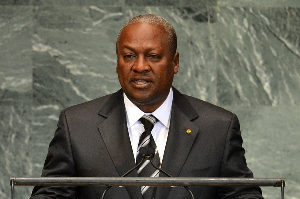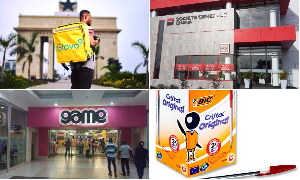- Home - Entertainment
- Lifestyle News
- Entertainment Videos | TV
- Year In Review
- Music News
- Entertainers
- Entertainment Archive
- Entertainment Photos
- Jokes
- Entertainment Headlines
- Ameyaw Debrah
- Brown GH
- Celebrities Buzz
- GH Base
- Ghana Celebrities
- Gh Gossip
- GH Page
- GH Splash
- Hot Gossip GH
- YEN

Entertainment of Tuesday, 11 August 2015
Source: dailyguideghana.com
Volta musicians need to raise market share
 Edem
Edem
Contemporary musicians in the Volta Region need to work painstakingly to find strategies to raise their share of the local and international music market, says Emmanuel Quao, Regional Director of the Centre for National Culture.
Speaking to Ghana News Agency last Friday in an interview, he conceded that the music scene is complex but said those challenges are surmountable.
Mr Quao said essentially, musicians in the region are coming to terms with the current “generational shift”.
He said it should be possible for one to be distinct but yet move with the times.
Mr Quao charged musicians in the region to deepen their networking and draw expertise from the masters and mistresses on the production chain in order to be of relevance to the music market.
The regional director, with a long experience in the Ghanaian showbiz industry, said staying relevant in music making is a huge challenge and that the hemmed-in approach would not achieve results.
He advised the youth interested in music to be innovative, adaptive and resilient.
The interview was occasioned by concerns raised by Togbe Edinam Ansah, a local musician about the low-key cultural and musical scene in the region, as well as the inability of the authorities to complete the regional arts theatre.
Mr Quao said the theatre complex started in the 1990s and presently houses the regional offices of the Centre for National Centre (CNC).
He said works is about 60 percent complete and the project has been on-and-off.
Regarding the cultural scene, Mr Quao said the CNC is alive to its core job of promoting culture from district to national levels but is being limited by multi-faceted problems.
He wished that government allocations of funds to the CNC would be regular.
The regional director said CNC has the technical capacity to impact society through drama and other forms of productions on national issues, such as sanitation, malaria control and behavioural change needs.










